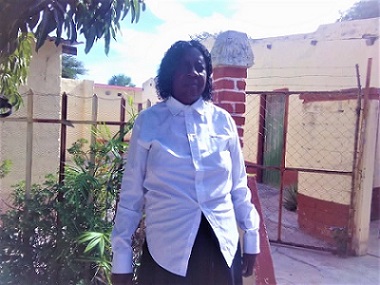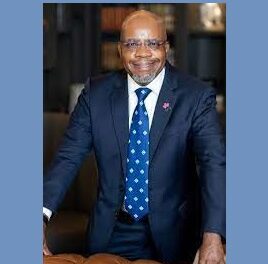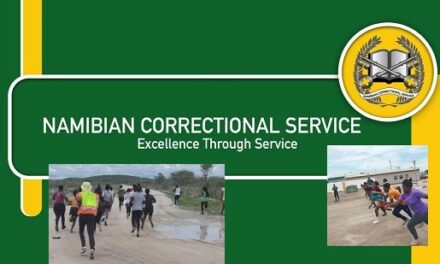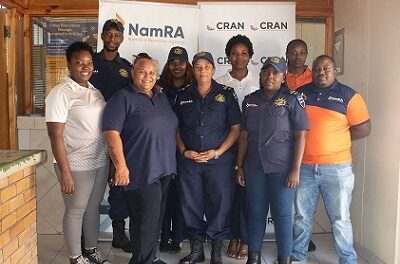
By David Nduuvundi |
At the age of 18 Alina Shindongo was shot in the leg by enemy troops. As if that was not enough, she was captured, beaten, electric-shocked, and men’s urine poured onto her face.
Now at the age of 63 Shindongo used the occasion of 21 March 2023 to go back into memory lane and talk about the bitter-sweet journey of her youth as a freedom fighter of the Swapo Movement.
Shindongo indicated that although she has lived to enjoy the fruits of independent Namibia the traumatic memories of the struggle still haunts her 33 years later.
Visiting her homestead at Onashiku shaLaban village in Oshana Region where she resides with her husband and children, and sitting down with her where she narrated her past as a soldier of the liberation struggle, one got to realise that indeed women who took part in the struggle for Namibia’s independence had suffered a lot.
Shindongo indicated that at 17 years old she went into exile in 1977 with nine other young women, and they were stationed at Vietman Camp in Angola.
Some of the women whose names she still remembers are Annalisa Shikongo, Lina Iiyambo, and Ruusa Shilongo.
While at the Vietnam Camp where she was made to stay behind, while others went ahead, she was put on artillery training.
“We started preparing hard in order to get ready to liberate Namibia and be free from colonialism,” she said.
However, every little dream they had of liberating their motherland was shattered when their camp was attacked and destroyed in 1978 by the South African war troops during lunch time of a day whose date she can no longer remember.
At first, Shindongo indicated, they had thought it was aircraft with supplies being dropped, until they saw bombs falling on them and bullets crossing them.
“Our commanders started announcing that we should take cover in the trenches for safety as the war has come,” she narrated.
She said that they could then see a lot of South African troops with all sorts of weapons, firing at them and their camp engulfed by fire, and all they could do was pray that they survive the attack.
Shindongo indicated that a lot of people were killed in the process, but her and two other women took cover behind bushes.
“This was not long until a missile was launched and a piece hit me, injuring me on my right leg. I was not able to move any further,” she said.
She added that blood started flowing from her leg and all she could think of was bleeding to death, while she saw that some of the people were killed in their hiding spot.
Shindongo said that her suffering started when they were gathered by the enemy and taken to Ombadja and later Outapi where “we got beaten, electrocuted and poured urine without being allowed to wipe our faces.”
They were later transferred to Otjiwarongo prison where they were tried for contravening the laws on terrorism.
“We got sentenced and our names were put on the list of those to be sent to Robben Island, but Swapo sent Anton Lubowski to represent us and speak on our behalf. And therefore those of us who were young were then released but told to report ourselves every Friday at various police stations,” she added.
Shindongo who could not return to exile, had to fight within the country and assist the war veterans who were in need of aid and accommodation.
She indicated that the fight for independence was long and bitter, but the government has managed to recognise and take care of them.
However, Shindongo said that the government still has much to do, as they have many unfulfilled promises that need to be met by government.
“We have become disabled, and our government should at least look at us by providing us with farming equipment and give us the land that they have promised us but not given to us as yet,” she said.
She noted that more can still be done by government to ensure that their long forgotten promises are met, so that the legacy of the liberation struggle may continue for generations to come.
In the photo: Former freedom fighter Alina Shindongo.







